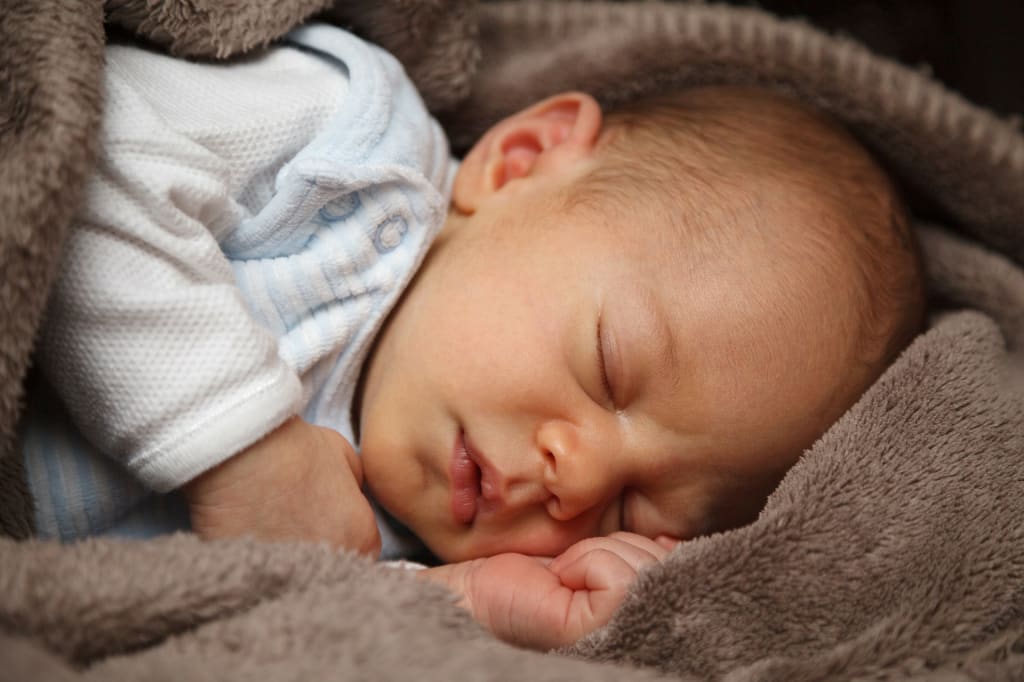Newborn Mom: Common Emotional Problems
Physical and Emotional Wellbeing

Having a baby is one of the most life-changing events any woman will go through in her life. Even with multiple children, each newborn brought home forces the family dynamic and routine to vastly change. The key to getting through the first few months with a newborn at home is to enlist the help of friends and family that can help to carry on normal household duties and care for other children while you focus on tending to your new baby. It’s even harder for single mothers, who not only have to adjust to the new life but also, have to worry about establishing child support orders. Make sure you prepare well before giving birth, such as writing down a baby registry checklist if it’s your first child. In this way, you only have to think about your child’s well-being and your well-being.
Of course, the first concern with a newborn is that they are healthy and fed well, but it’s just as important to take care of your own physical and emotional needs as well. Hormones can wreak havoc on every facet of your life, and it’s important to be aware of what is happening to you and to be honest about it with those around you.
Getting plenty of rest is vital to make sure you recover from late nights and short periods of sleep. If you can pass on the care of any other children to a family member, it will make it easier to try to nap while your newborn naps.
Remember to follow all of your doctor’s advice for healing as far as any pain medication prescribed or periods of physical rest. Getting back into the swing of things and normal daily activity will take time, and pushing it too early can just cause more injury and delay healing. This is especially true if you had a cesarean section.
Healthy or 'Normal' Postpartum Adjustment & Postpartum Disorders
It is quite normal to feel overwhelmed after bringing a newborn home and even be emotional at times. However, any extended feelings of helplessness and emotional lows that seem to never let up, prolonged crying or thoughts of hurting your newborn are all signs of something abnormal going on. You must seek medical attention immediately and take note of any wide swings in your moods, informing your doctor at any appointments of symptoms you may be experiencing.
Getting a birth certificate just a few weeks after birth can make the entire situation seem very real and cause a new feeling of responsibility or pressure to provide. If you start to feel like being a mom or mothering your newest baby is a burden or aren’t sure how to deal with it, contact your medical provider immediately. When a baby comes into a couple’s life, extra stress in the relationship can be normal. However, a lot of relationships break and end in divorce during this intense period of transition. If you think about divorcing or you start considering child support orders, external support may be helpful.
Other symptoms of postpartum disorders include feeling anxious or panicky, having problems eating or sleeping, feeling irritable, sad or depressed, or feeling as if you are “going crazy.”
Physically, your doctor will tell you what to expect after returning home as part of a normal, healthy recovery. However, any excessive bleeding or clotting is cause for alarm. Although bleeding will be heavy for the first few days, it should start to taper off after that. If you experience anything different or have incisions that start to bleed, call your doctor immediately.
What treatments are available?
Postpartum depression is one of the most common disorders experienced after having a baby, as your body continues to try to get hormonal levels back to normal. Your doctor can help with prescribing anti-depression medication. Just make sure they know whether you are breastfeeding your baby or not.
Another possible cause of out-of-character feelings after a baby is Postpartum OCD or PPOCD. These patients have repetitive unwanted thoughts and feel the need to do things over and over to curb their anxiety about them.
Postpartum Post-Traumatic Stress Disorder, or PPTSD, is usually caused by a traumatic birth experience. Symptoms can include flashbacks and the need to avoid anything related to the birth, and your doctor can prescribe medication to help with these symptoms.
Some mothers may even experience Bipolar Mood Disorders, where the low time is depression and the high is mania. It is highly common for women to first be diagnosed as bipolar postpartum. There are different types of bipolar disorders, and ongoing evaluation may be necessary to diagnose this disorder, but medication and therapy is typically necessary to manage this condition.
Postpartum Psychosis occurs when a new mother is hallucinating and doesn’t trust anyone around them. They may suffer memory loss. This is a dangerous condition and usually requires therapy and prescription medication to get the mother back to normal. If you experience any symptoms that may be related to psychosis, seek emergency medical assistance.







Comments
There are no comments for this story
Be the first to respond and start the conversation.